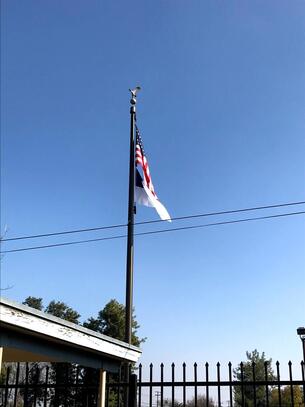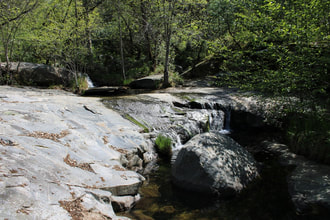We challenge you to read a chapter of Proverbs every day of the month
There are 31 chapters to Proverbs perfect for one Chapter per day.
There are 31 chapters to Proverbs perfect for one Chapter per day.

The Flags are UP at Millbrook!
A Place Where Jesus is LORD
People are Loved
And His Kingdom is Advanced
Keep up to date on all of Millbrook Presbyterian Church activities on this website.
Donations are always accepted via the link below.
When making your donation if you would like to pay our small service fee along with your donation it would really be appreciated, just click the small box under your donation.
You are now able to designate which fund you would like your donation to be put into:
Undesignated Funds - General Fund
Designated Funds - Food Pantry; Building and Grounds; Pastor Stipend, etc.
|
If you would like to donate via PayPal you may do so by sending your donations to: [email protected]
You may set up reoccurring payments with PayPal in your own PayPal account to eliminate having to login each time you wish to donate. |

